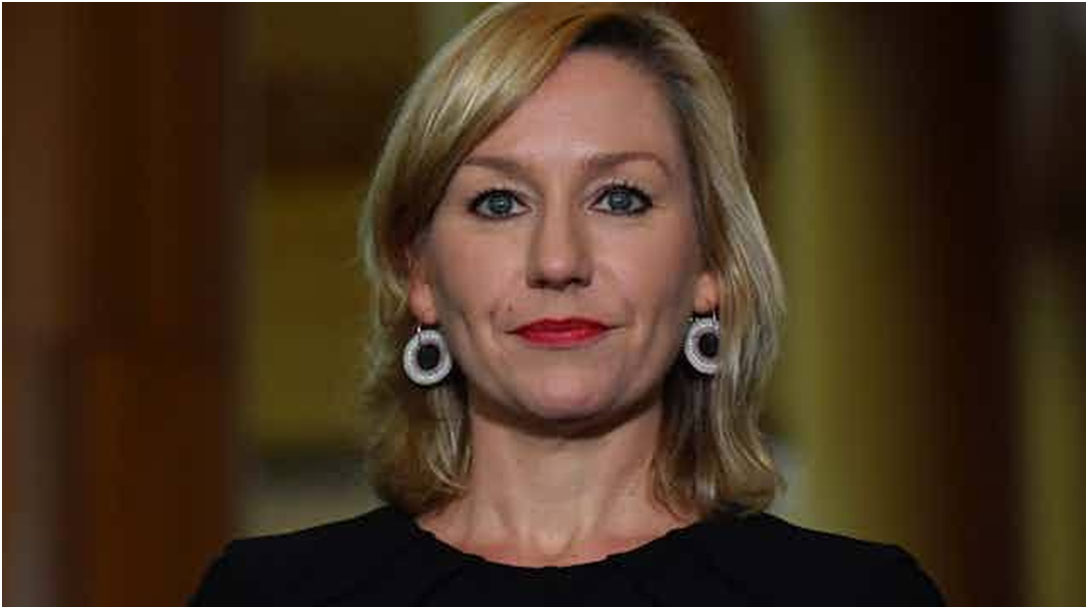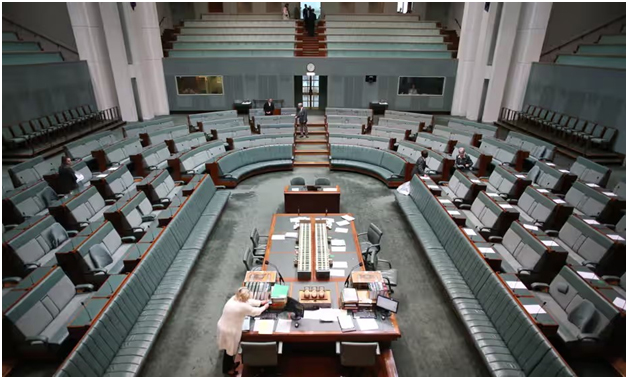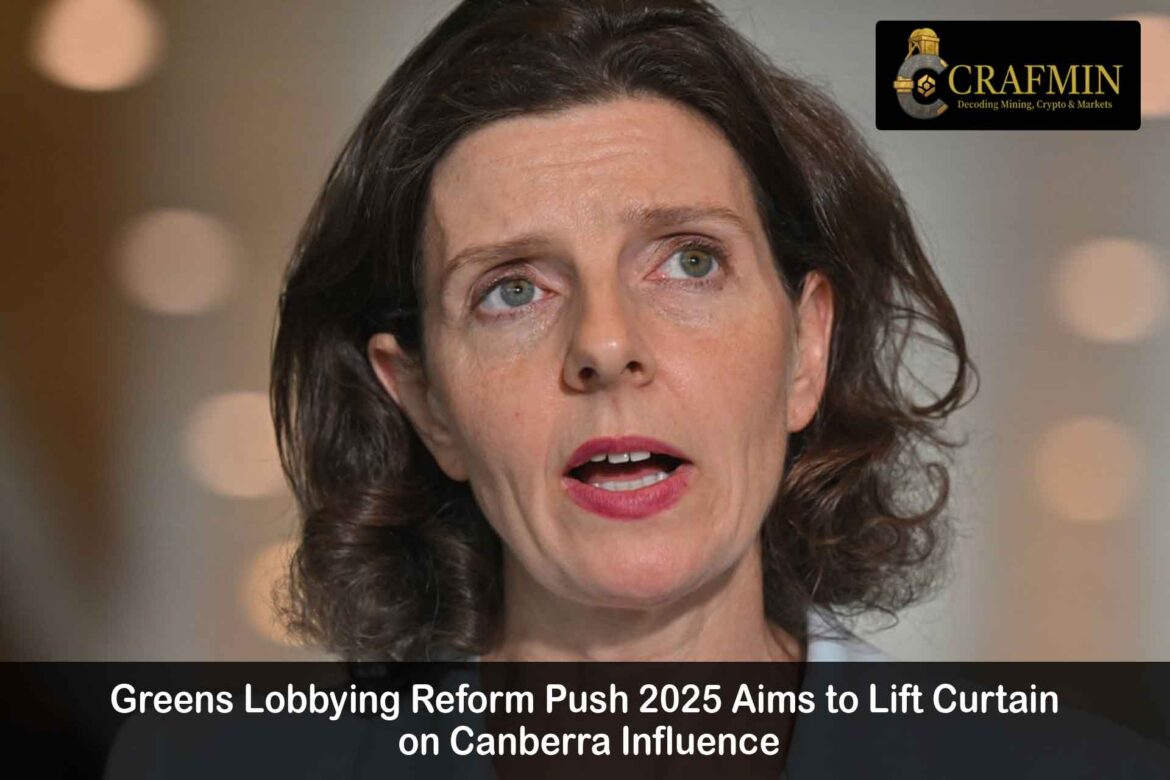A National Spotlight on Lobbying Transparency
The Greens lobbying reform push 2025 has re-emerged as a central political flashpoint in Canberra, with the party calling for urgent overhauls to how lobbying operates within Australia’s federal institutions. Backed by key crossbench independents, the initiative targets what the Greens describe as “decades of unchecked influence” by corporate lobbyists over federal decision-making.
Led by Senator Larissa Waters, the Greens’ plan includes a broad package of measures that would bring Australia’s lobbying rules in 2025 closer to international standards, including real-time disclosure, a ban on cash-for-access events, and a mandatory cooling-off period for former politicians.
“Australians deserve to know who is influencing their democracy—and how often,” Senator Waters told reporters outside Parliament.

Source: Mick Tsikas/AAP
What the Greens and Independents Are Demanding
The proposed Greens political lobbying reform bill includes several pillars aimed at increasing government transparency and public accountability. The key reforms are:
- A two-year ban on former ministers and senior staff working as lobbyists
- Real-time public disclosure of all lobbying meetings and communications
- Expansion of the lobbyist register to include consultants, industry bodies, and in-house advocates
- A publicly accessible lobbying meetings database managed by an independent ethics office
- Tougher penalties for unregistered lobbying activity
Independent MPs, including Zali Steggall and Kate Chaney, have signalled their intent to support the package, raising the stakes for the Labor government’s position on the issue.
Canberra’s Quiet Culture of Influence
Although lobbying is legal and regulated in Australia, critics argue that current rules fall far short of what is required in a modern democracy. The Australian Senate lobbying reforms proposed by the Greens would close key loopholes that have allowed former political insiders to wield outsized influence behind closed doors.
At present, lobbyists are only required to register under narrow definitions, and disclosures about meetings are sparse, delayed, or sometimes absent entirely.
“We’ve normalised backroom deals and elite access. It’s time to pull back the curtain,” Senator Waters said in the Senate on Monday.

Source: The Guardian
Labor’s Position: Supportive, But Cautious
While the Labor government has acknowledged the need for improved lobbying transparency, its approach has so far been more measured. Attorney-General Mark Dreyfus has stated the government is “considering options” to tighten existing frameworks but has not committed to the Greens’ proposed timeline or detail.
Some Labor MPs have privately expressed concerns that tougher rules could strain relationships with stakeholder groups during a period of complex reform—including in energy, defence, and health.
Still, growing public sentiment in favour of political integrity may leave the government with limited room to resist.
Public Pressure Builds Around Transparency
Recent polling conducted by the Australia Institute suggests that over 70% of Australians support stricter lobbying laws, including cooling-off periods for former ministers and clear public records of meetings.
Civil society groups, including the Centre for Public Integrity, have endorsed the Greens’ effort, saying current rules allow “policy capture” and “unregulated influence” by vested interests.

Protesters call for lobbying transparency during a public rally in Canberra.
Photo: Flavio Brancaleone/AAP PHOTOS
The Path Forward: Senate Showdown Looms
With the government unlikely to back the full package outright, the Greens and crossbench independents may seek to attach individual reform items to upcoming integrity legislation or budget bills—effectively forcing debate on the floor of the Senate.
Observers expect a gradual negotiation process, but with media scrutiny rising and the next election cycle approaching, lobbying regulation may become a defining test of the Albanese government’s commitment to transparency.
Conclusion: Will 2025 Be a Turning Point?
The Greens lobbying reform push 2025 represents one of the most ambitious efforts to change how power operates in Canberra in recent years. Whether or not the full package passes, the national conversation around political influence in Australia is shifting—and the calls for daylight in dark corners of policymaking are growing louder.
As trust in institutions remains fragile, the reform debate could determine not only future rules but public faith in the very process of government.

